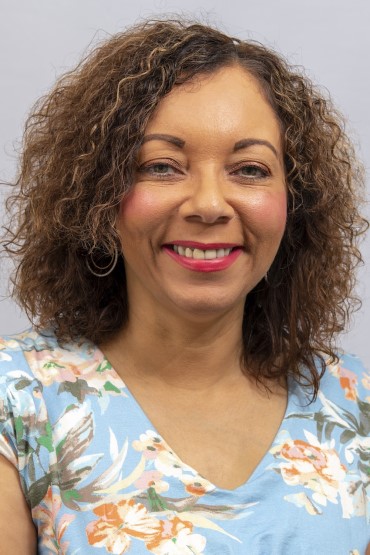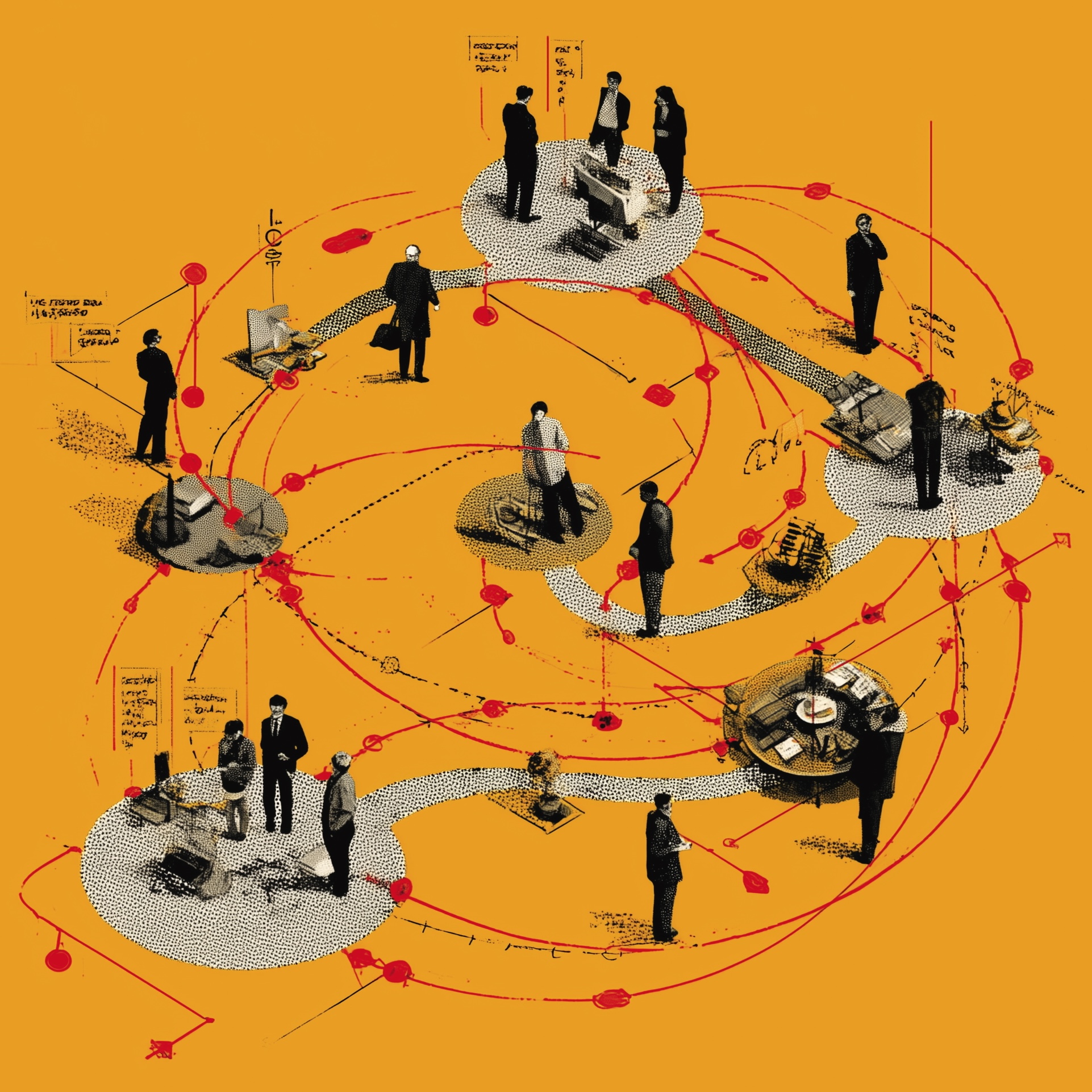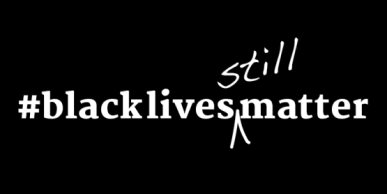Let’s talk openly about racism
Black Lives Still Matter: Patricia Miller, chief executive, Dorset County Hospital Foundation Trust. Interview by Mercedes Broadbent.

I would probably have progressed faster in my career if I weren’t a person of colour. At different stages, barriers have been put in front of me or assumptions made about my capability without any evidence.
Culturally, you have to give up too much of yourself to fit in and be acceptable. Often, you are judged quite differently to white colleagues, and those judgements prevent you from realising your potential. And as a black woman, you find yourself being scrutinised twice over – that’s happened throughout my career.
My siblings and I were brought up to be proud of our identity and to believe that we could achieve anything we set our minds to. I think in my career I’ve just steamrollered ahead at times, because being told I can’t do something is like a nudge to make sure I achieve it. But research shows that racism produces ‘biological weathering’, where the stress of constantly being judged affects your wellbeing, shortens your life expectancy and affects how you deal with everyday life. No matter how strong your personality is, you can’t escape that.
The NHS is a microcosm of society and racial inequality comes from the structural way that British society operates. Take the exam results debacle: I don’t believe for one minute that the algorithm did anything other than what the normal process does – our society is set up to keep people who are different down, and all our infrastructure is geared up to perpetuate that.
The government can help with some of their messaging. Using language that relates to the Empire and colonialism doesn’t move this country into a more positive space around multiculturalism. It often feels as that the message is that British culture is superior. When, in reality, if we are going to move to an inclusive culture there has to be an understanding of and interest in other cultures
Throughout Black History Month this October, we’re learning about the experiences of black managers in the NHS, and how we can all help to end racism at work and in everyday life. On our website and in our magazine, black members and NHS leaders will tell you about their lives and careers in their own words. If you’ve got a story to tell, we want to hear from you too.
People aren’t born racist – they develop those views from the ideas they’re exposed to. We need to encourage all children to be genuinely interested in how other people live their lives. That leads to the richness that diversity brings. And if black children don’t see themselves represented positively in society, even they will develop negative ideas about their own communities.
In the NHS, we have more white colleagues who want to be positive allies and are asking what more they can do. Firstly, the leadership of arms-length bodies needs to reflect the NHS workforce. We haven’t got diversity at the top – right now, it’s just a replication of the “snowy white peaks” that Roger Kline wrote about years ago. We’ve also got to stop thinking that UK-based training is always superior to what happens overseas. Covertly telling a good proportion of our workforce that they’re not good enough leads to discrimination and to those people not being able to progress their careers.
Historically, our equality programmes have ignored the glass ceiling and concentrated on developing black colleagues so they can better access the opportunities available. What we never do in those programmes is talk openly about racism. How do you cope with living in an environment that discriminates against you? How do you navigate a system that isn’t set up to support you?
We need to create leaders who are culturally competent and compassionate. The People Plan is moving in the right direction, but needs to be translated into a framework of accountability. If an organisation can’t provide evidence of an inclusive culture, they shouldn’t be rated as ‘outstanding’, because that’s one of the foundations of a positive working environment.
Finally, we have to be more comfortable talking openly about race if we’re ever going to be comfortable talking about the solutions. Even when I look at the impact Black Lives Matter has made this summer, it feels like just a moment and, when it’s no longer in the headlines, we won’t be talking about it anymore.
This is the one of a series of interviews with black MiP members and NHS leaders which we will be publishing throughout Black History Month in October. To find out more about Black History Month and to get involved, visit: blackhistorymonth.org.uk.
Related News
-

NHS job cuts: you’ll never walk alone
As the NHS redundancies in England loom, Rhys McKenzie explains how MiP will back you, and how members supporting each other and acting collectively is the best way to navigate this difficult process.
-

What now? Seven expert takes on the Ten-Year Plan
The government’s Ten-Year Plan for the NHS in England has met with enthusiasm and exasperation in equal measure. We asked seven healthcare experts to give us their considered view on one aspect that interests, excites or annoys them.
-

NHS job cuts: what are your options?
When politicians start reforming the NHS, there is only one certainty: some people will lose their jobs. But what options might be on the table and how does redundancy work? Corrado Valle explains.
